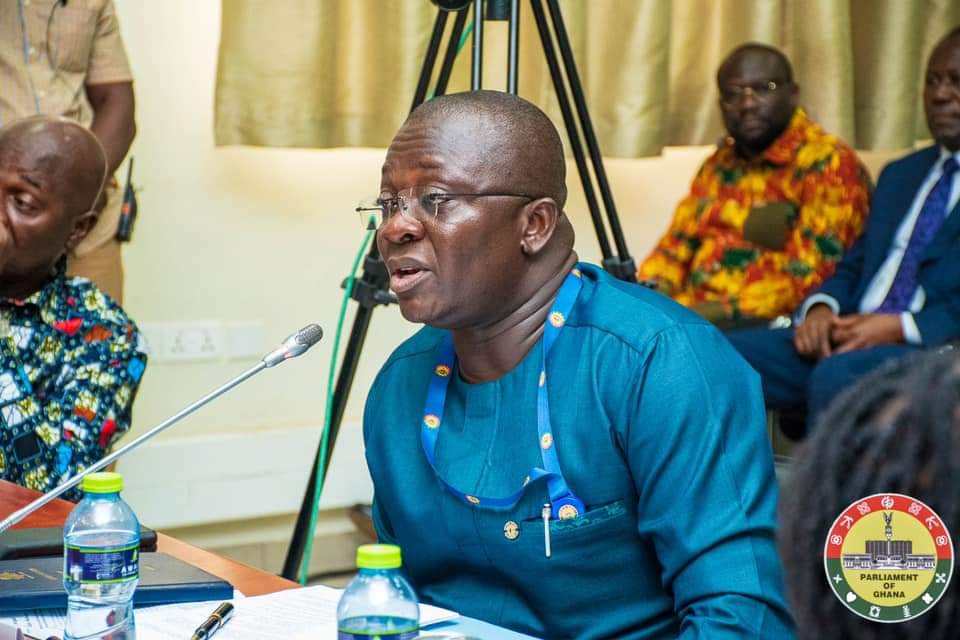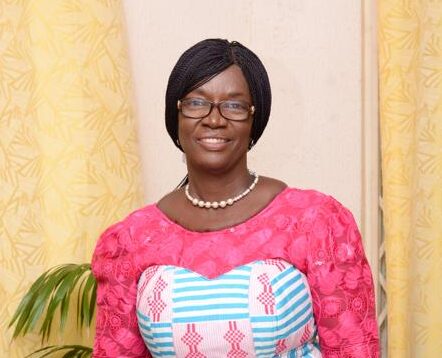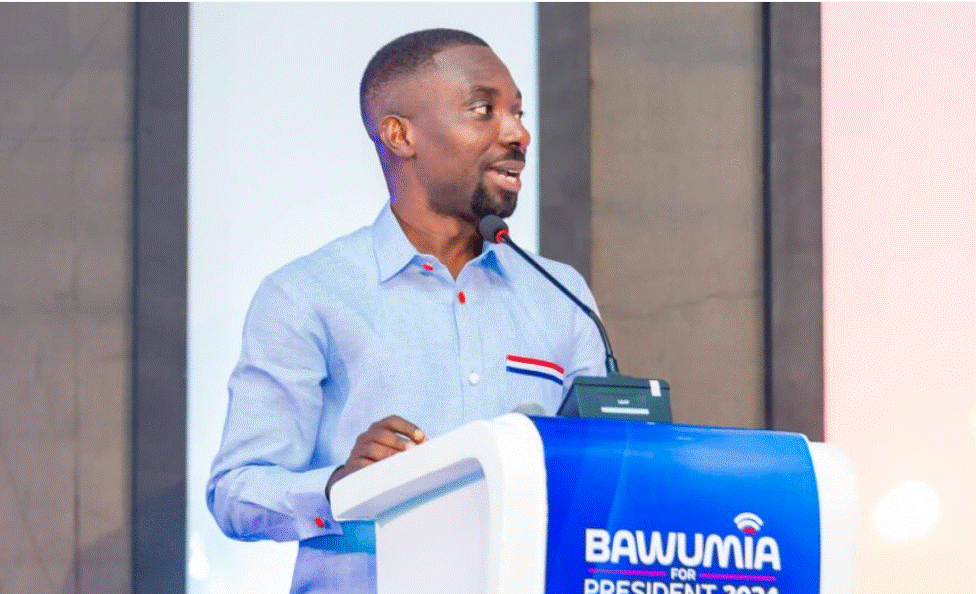
Not far in the distant future, the African Centre for Economic Transformation (ACET) will release an index indicating that Ghana’s economic transformation has declined below the African average. The decline was measured in all critical areas of the economy minus human capital building by the ACET.
Dr. Kingsley Y. Amoako, President and Founder of ACET, disclosed this at the 2nd K.B. Amissah-Arthur Economic Forum, held under the theme: “Economic Policy making in Ghana: Lessons learnt and the way forward,” at the University of Ghana, Legon, in Accra last week’s Friday.
According to him, “An updated Index will be released this summer. And it will show that Ghana’s economic transformation is in decline, below the African average in all the areas used to measure success, such as diversification of products and exports, technology, and labor productivity.”
Hitherto, Ghana, between 2000 and 2020, enjoyed 13 years of rapid growth, including six years of very rapid growth. “But growth alone is not enough to sustain long-term development. Countries must transform their economies.
Despite that strong growth rate, Ghana’s economy has suffered from falling prosperity in the manufacturing sector and high vulnerability to global markets and commodity price shocks. Its development has been marred by debt and energy crises, large trade and fiscal imbalances, and a lack of consistent long-term planning,” he stressed.
While, he strongly believes that Ghana must not only solve its economic problems to enable transformation, it must focus on safeguarding its democratic traditions and institutions.
Addressing the forum, he linked part of the country’s problem to lack of collectiveness and apathy in building consensus for national development, as well as lack of political will to adopt the same.
Dr. Amoako made reference to the Senchi Consensus and what became of it years after, adding that there was lack of political buy-in.
Meanwhile, the challenges that existed leading to the Senchi stakeholders engagement continuously remain, saying, “So the conversations and the agreements we made ended up as a footnote in history, rather than a long-term strategy. The situation we face today may be even worse.”
It was, therefore, not a surprise to him that Ghana had made its way back to the International Monetary Fund (IMF) in the midst of high stakes, worsening political polarisation, and civic disengagement.
To provide some hope, he centred the latter part of his delivery on the outlook of Ghana in 2050, which marks the end of the first half of 21st Century.
He talked about how the ACET and its partners were pushing to use the Compact for Ghana’s Political and Economic Transformation to usher the country into the half of the 21st Century.
Importantly, the Compact Ghana envisaged a true deliver of Ghana’s ambitions to achieve its greatest potential needed to build a social contract between the citizens and the government.
This, the government, must set a long-term vision for economic transformation that delivers dividends for the people.
Philip Abradu-Otoo, Director of Research at the Bank of Ghana (BoG), on his part, debunked the notion that the 3-day Senchi Consensus was left to collect dust on the shelves, saying it was put to work and residues could be traced in the current IMF deal.
He said this by acknowledging the importance of consensus building in economic development, and urged all in the political divide to join.
A call was made during the panel discussion that the National Development Planning Commission (NDPC) should be strengthened to serve as referee for national development.
Mavis Owusu-Gyamfi, Vice President of ACET, added that for Ghana to experience transformation, it needed to diversify its trade and production.
Similarly, it must also fill in the missing link between policy, development and transformation, with implementation and continuation.
She said growth must be seen from agriculture to manufacture, technology, export competitiveness, productivity -infrastructure, and human wellbeing.
“If your economy is growing and your people are not benefiting, it is pointless exercise,” she added.
To make the day memorable, two graduate students of the Economics Department of the University of Ghana received GH¢60,000 from the K.B Amissah-Arthur Foundation.
The beneficiaries were Deborah Annan, a Master of Philosophy student in Economics, who received GH¢20,000, while Ms Josephine Baako-Amponsah, a Doctoral candidate in Economics, received GH¢40,000.
The forum was held in honour of the late Vice President, Paa Kwesi Bekoe Amissah-Arthur, and the donation was to ignite his passion for higher education and research.
The post Ghana economic transformation declines below Africa average -ACET appeared first on The Chronicle News Online.
Read Full Story
















Facebook
Twitter
Pinterest
Instagram
Google+
YouTube
LinkedIn
RSS